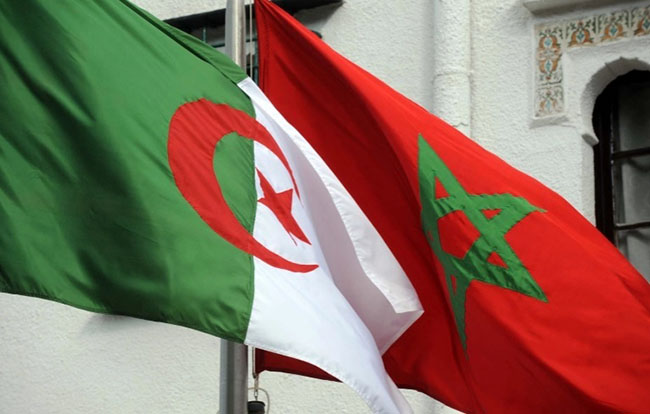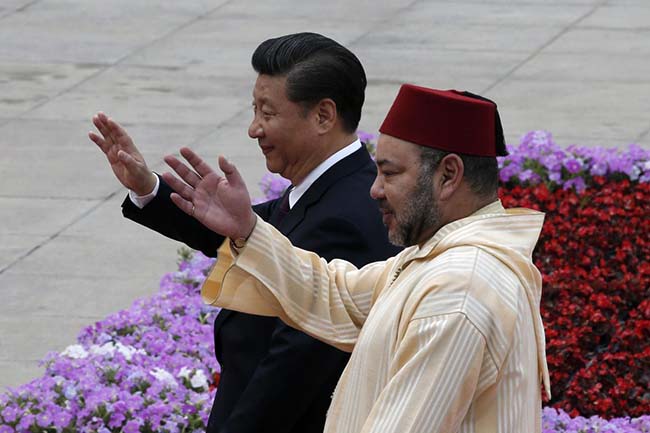The magazine Jeune Afrique has highlighted a significant decline in Algeria’s influence in the Sahel region, where it had played a major geopolitical role for the past four decades. This decline, according to the magazine, is attributed to political and military changes in the region.
François Soudan, editor-in-chief of Jeune Afrique, stated that this retreat has become evident since military takeovers in Mali, Niger, and Burkina Faso. These developments have transformed the region into a new battleground for influence between Morocco and Algeria.
Speaking on the French radio station RFI, Soudan noted that rising tensions between Algeria and Mali—long considered the cornerstone of Algeria’s Sahel policy—have contributed to this decline. The discord, he explained, stems from disputes over Tuareg armed groups. While Mali’s government considers these groups to be terrorists, Algeria views them as key partners in any peace process and even hosts some of their leaders.
In contrast, Morocco appears to have capitalized on these changes to bolster its influence in the Sahel. Soudan pointed out that Morocco did not condemn the military coups in the region but instead adopted an understanding approach toward the new ruling regimes. This aligns with King Mohammed VI’s “Morocco First” policy.
Furthermore, the economic ties between Morocco and several member states of the Sahel Alliance (AES) have enabled the kingdom to fill the void left by Algeria’s retreat. Morocco’s strategy, Soudan explained, focuses on three key areas: offering landlocked countries alternatives through the Atlantic Initiative, mediating between the alliance and Gulf financial investors, and acting as a bridge between the Sahel states and European nations.
François Soudan emphasized that this approach has strengthened Morocco’s presence in the region, making it a major player in the Sahel's political and economic dynamics. Meanwhile, Algeria continues to lose ground due to fundamental political and diplomatic disagreements with Sahel states.
Notably, Morocco has recently built strong and stable relationships with Sahel countries, which have welcomed the kingdom’s engagement to bolster their political and economic presence. Unlike Algeria, Morocco did not oppose the regime changes in these countries and has launched economic initiatives to help them navigate their transitional periods.
One of the most prominent initiatives is the “Atlantic Corridor,” which has been warmly welcomed by Sahel nations as it offers vital economic opportunities to alleviate the isolation and trade challenges faced by landlocked countries in the region.
The strength of Morocco’s ties with the Sahel was recently demonstrated when Rabat successfully mediated the release of four French officials detained by Burkina Faso’s authorities, thanks to the direct intervention of King Mohammed VI.






